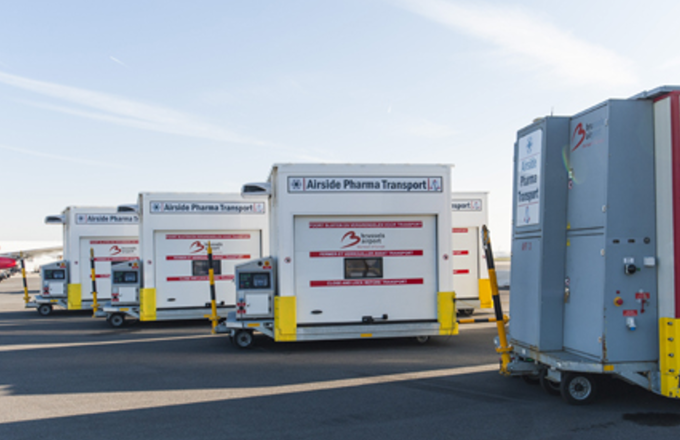Air cargo round-up: Cainiao into Liege; Lufthansa upgrades
Alibaba’s Cainiao arm has charted a Georgian Airlines 767-300F for twice-weekly flights between Xi’an in ...

The European pharmaceutical cargo market is robust, largely driven by the region’s increasing role as a production hub, but there are concerns over regulation compliance issues within the EU.
Major airports like Frankfurt, Schiphol, Charles de Gaulle and Brussels, as well as upcoming gateways like Vienna (VIE), have developed significant handling capabilities for pharmaceutical cargo.
Brussels (BRU) claims to have won several significant pharmaceutical tenders in the past few years and increased its catchment area far beyond its border, making ...
Semiconductors could compensate for air freight's lost ecommerce traffic
'It’s healthy competition' Maersk tells forwarders bidding for same business
Transpacific sees first major MSC blanks as rates fall and volumes falter
'Weakened' Maersk paying a heavy price for its lack of fleet growth
US shippers slam USTR port fee plan – 'an apocalypse for trade'
Opposition builds for final hearing on US plan to tax Chinese box ship calls
Despite sourcing shifts, 'don't write-off China', says CMA CGM CCO
Calling all shippers!
Please give us a minute of your time to answer the following questions:

Comment on this article